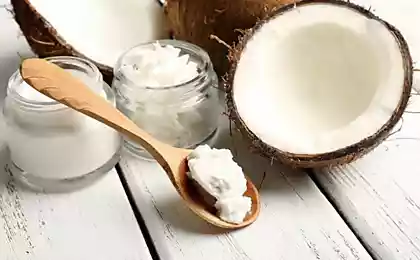205
Harm palm oil for humans and nature
Sweets, bakery products, baby food, shampoos... Everywhere you look, there's palm oil. Cheap and profitable to manufacture, it is found in most of the products we consume daily. Just think: every year about 500 thousand tons of oil from the pulp of the oil palm is exported from Southeast Asia!
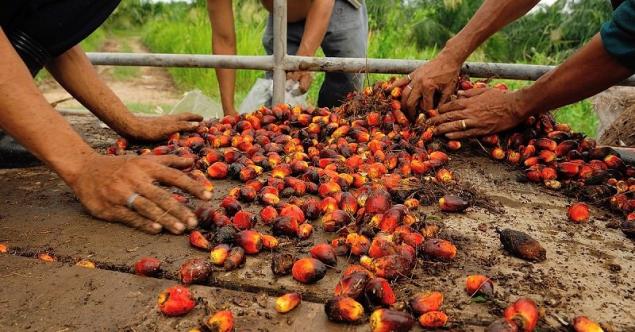
DepositPhotos
Fresh palm oil is rich in carotene, vitamin E, antioxidants and saturated fatty acids. So why is it banned everywhere? "Site" It will tell about the shocking harm of palm oil not only for human health, but also for the environment as a whole. Not a product, a disaster!
Palm oil is one of the oldest food products, popular in ancient Egypt. Extracted from the fruits of the oil palm, today it is used for frying foods, dressing salads, is widely used in the food industry, is a constant ingredient in ice cream, margarine, frozen foods and fast food.
In addition to the food industry, palm oil is used for the production of personal hygiene products (household chemicals, creams, lotions, toothpaste) and as a raw material for the production of biofuels. Is palm oil harmful? Why is it banned in progressive countries? Let's figure it out!
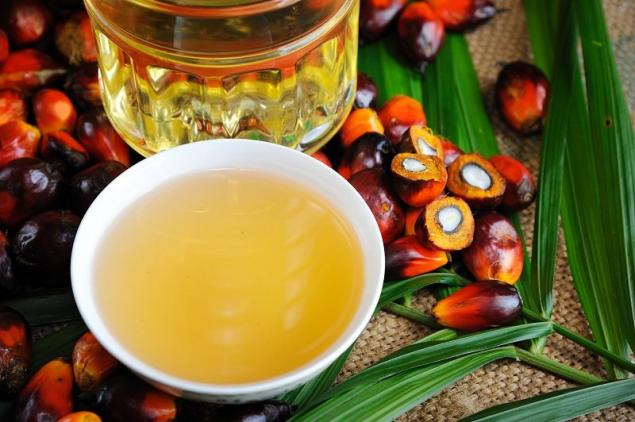
DepositPhotos Impact of Palm Oil on Health and Environment
Europe, particularly Russia, is the world’s largest importer of palm oil. The ill-fated butter is literally everywhere - in cottage cheese and sour cream, in butter and cheese, in ice cream and baby food. Just look at the label - palm oil here. How do you help yourself and the environment? Reduce the consumption of products containing palm oil, because demand, as you know, gives rise to supply.
Do you buy products that contain palm oil?

DepositPhotos
Fresh palm oil is rich in carotene, vitamin E, antioxidants and saturated fatty acids. So why is it banned everywhere? "Site" It will tell about the shocking harm of palm oil not only for human health, but also for the environment as a whole. Not a product, a disaster!
Palm oil is one of the oldest food products, popular in ancient Egypt. Extracted from the fruits of the oil palm, today it is used for frying foods, dressing salads, is widely used in the food industry, is a constant ingredient in ice cream, margarine, frozen foods and fast food.
In addition to the food industry, palm oil is used for the production of personal hygiene products (household chemicals, creams, lotions, toothpaste) and as a raw material for the production of biofuels. Is palm oil harmful? Why is it banned in progressive countries? Let's figure it out!

DepositPhotos Impact of Palm Oil on Health and Environment
- Raw palm oil, which we practically do not come across, has a red color, it is rich in vitamin E, beta-carotene, does not contain cholesterol, trans fats and is considered a fairly useful product. Refined oil has a pleasant creamy taste, so it is widely used in the confectionery industry. Products that include palm-fatThey are inexpensive and stored longer than usual. But processed oil, alas, is devoid of all the useful substances that enriched its nature.
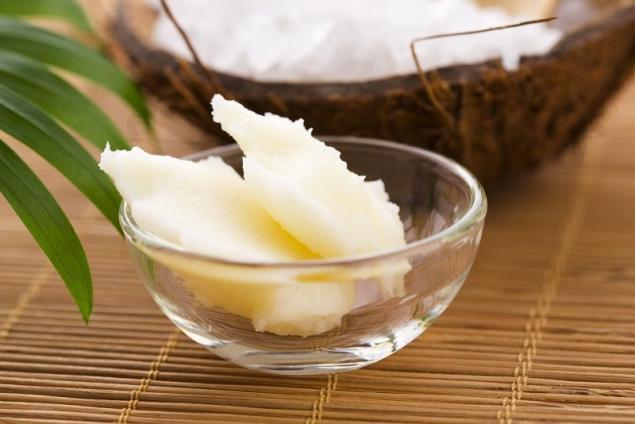
DepositPhotos - Surprisingly, a tablespoon of palm oil is equal to half the daily norm of fat. Older people suffering from diseases of the cardiovascular system and impaired fat balance are more vulnerable to the presence of palm oil in the diet.
 1515
1515
DepositPhotos - The reputation of oil spoils and its presence in food, which we are accustomed to consider harmful: in sweets, long-term storage products, chips, fast food. Many studies have linked excessive consumption of palm oil to the risk of cardiovascular disease and death from myocardial infarction. By the way, if a person smokes, abuses unhealthy food and leads a sedentary lifestyle, saturated fats of any origin can play a cruel joke with him.
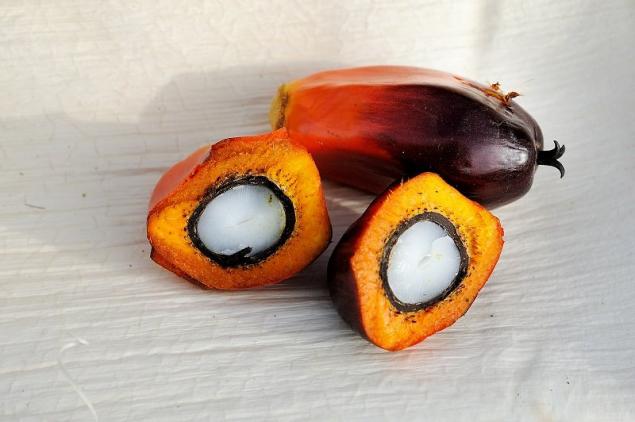
DepositPhotos - Nestle, the world’s largest food producer, buys as much as 420,000 tons of palm oil per year.

DepositPhotos - The flawed reputation of palm oil producers is forcing millions of people around the world to abandon products that contain it. Traditionally, oil palm was grown in households along with other crops, today special plantations are created for the production of palm oil. Think about it: every year hundreds of thousands of hectares of rainforest are destroyed for the planting of oil palm!
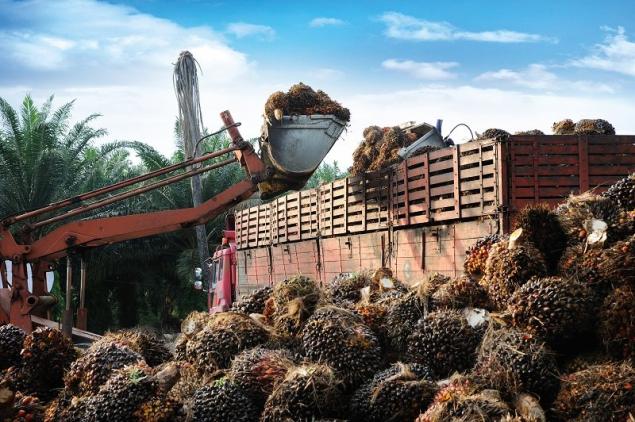
DepositPhotos - For palm cultivation, forests are burned and deforested, destroying a healthy ecosystem and reducing biodiversity. Between 1990 and 2008, the palm industry destroyed 8% of the world’s forests.

DepositPhotos - Many species of wild animals, including orangutans, lose their natural habitat. Two species of orangutans – Sumatran and Kalimantan – are on the verge of extinction. The reason is the lack of habitats due to widespread deforestation of tropical forests. Every year, the population of apes is declining by 2.5%, and if not taken now, then in 10 years this species will disappear from the face of the Earth.

DepositPhotos - Work on oil palm plantations is associated with serious violations of human rights. Child labor costs in remote areas of Malaysia and Indonesia.

DepositPhotos - Many countries have imposed restrictions on the production of products containing palm oil, and some European supermarkets have completely abandoned the sale of such products in order to somehow influence the large-scale destruction of tropical forests in Southeast Asia.

DepositPhotos
Europe, particularly Russia, is the world’s largest importer of palm oil. The ill-fated butter is literally everywhere - in cottage cheese and sour cream, in butter and cheese, in ice cream and baby food. Just look at the label - palm oil here. How do you help yourself and the environment? Reduce the consumption of products containing palm oil, because demand, as you know, gives rise to supply.
Do you buy products that contain palm oil?

 1515
1515













